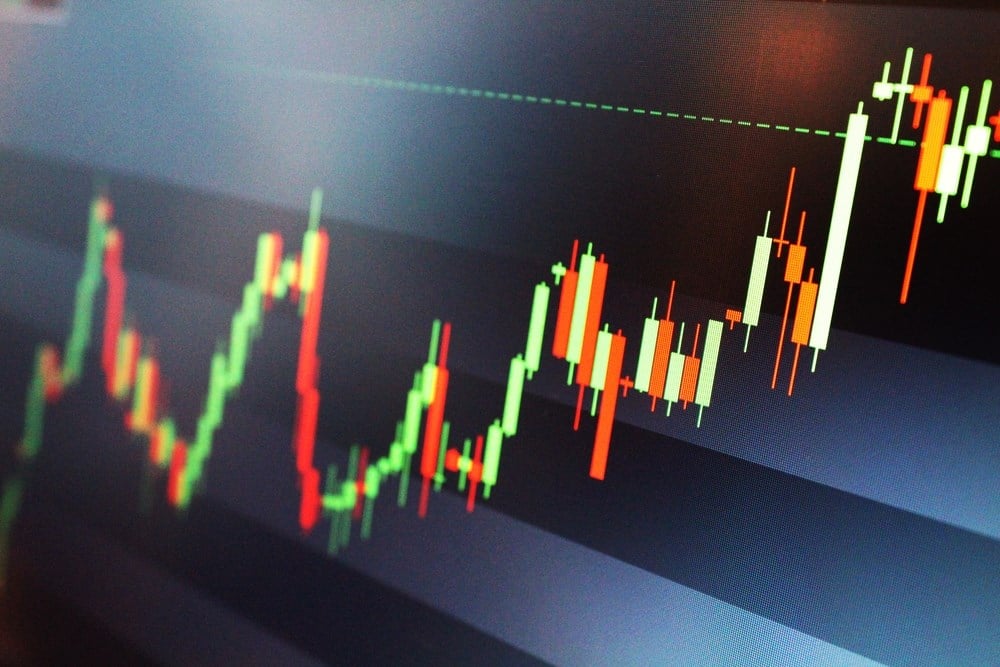
Berry Global Group (NYSE: BERY) is one of those businesses that do not seem to let off the gas pedal, significantly when all other sectors lag in performance. As a result, Berry has been outperforming peers in the space, such as Ball Corporation (NYSE: BALL) and Crown Holdings (NYSE: CCK), by more than twenty-five percent over the past twelve months. This outperformance matches Berry's financials showcasing rather extraordinary returns for its shareholders, where analysts agree by assigning double-digit upside potential to today's stock prices.
After posting second-quarter 2023 results that point to continued growth and momentum, management has advanced positive guidance for the remainder of the year, enough to rally some investors to start new positions and add to existing ones. Moreover, as management expects favorable free cash flow environments moving forward amid cost reductions and efficiency initiatives, investors can accept generous share repurchase programs and handsome dividend payouts to reaffirm the stock's potential returns on investment.
Defensive Growth
Companies like Berry, typically termed 'defensive' considering their low cyclicality in product consumption and subsequent compressed financial volatility, must experience growth rates suitable for investors looking to beat the market averages. However, investors are positioned to gain exposure to the best of both worlds, enjoying the low price and financial volatility and opportunities to see double-digit returns in the future.
Achieving an average of 25% ROE (Return on Equity) over three years is a testament to management's financial discipline and strategic capital allocation. Within the second quarter 2023 earnings presentation, Berry's capital allocation strategy outlines what can be expected in the coming years.
Free cash flow expectations for the fiscal year 2023 range between $800 million and $900 million; from these funds, the company will focus on three main areas. First, free cash flow is set toward investments in growth markets, spaces like healthcare and pharmaceutical acquisitions, dispensing solutions, and beauty care; the M&A (mergers and acquisitions) team focuses on projects that achieve returns higher than the current company's cost of capital.
Secondly, valued shareholders will see boosted returns via share repurchases and dividends; for 2023, investors can expect a total cash return of $700 million as a basement value; in other words, approximately 10% of the company's market cap will be deployed in cash returns to investors. Lastly, management will allocate further funds to debt-reduction payments to create a virtuous free cash flow cycle.
Lower debt will, in turn, decrease the interest expense burden, allowing for increased levels of free cash flow to repeat these strategies over and over. By also focusing on emerging markets such as India, Berry expects a compounded average growth rate (CAGR) of 15% in the region, further accruing to the value creation proposition set for investors.
Guidance from Momentum
Berry analyst ratings are pointing to a consensus 22.15% upside from today's prices, stemming from double-digit growth experienced over nearly a decade, with additional growth expected to be achieved in the coming years. Measured by the 2015 to 2022 periods, revenue at Berry has grown at a 17% CAGR, with other financial metrics followed closely by.
EBITDA posted a 15% CAGR for the same period, accruing to a 23% CAGR for earnings per share, beating any other financial instrument performance in the 'defensive' sector. Management is proud of these achievements, so a presentation slide portrays the average peer earnings per share growth at 10% CAGR for 2015-2022, severely underperforming Berry's.
Improvements in cost reduction initiatives, coupled with more efficient product mixes within new verticals acquired, have given management the headroom needed to push their value agenda. Two thousand twenty-three outlooks for earnings per share fall between $7.30 and $7.80, translating into a 26.5% to 35.2% year-on-year growth from 2022. More importantly, achieving these ranges would place Berry Global stock at one of its lowest next-twelve-months P/E ratios of 7.4x today. Historically, these multiples have hovered around 14x to 16x, serving as a proxy determining today's disconnect between value and price for the company.
Berry's past outperformance within its peer universe is one trend that has yet to show signs of slowing. With investors facing a growing share of an increasing pie (due to share repurchases pending), it would only make sense to pick the winner within a sector that carries an average beta (volatility proxy against the S&P 500) of 1.05 to make it one of the least volatile out there.

